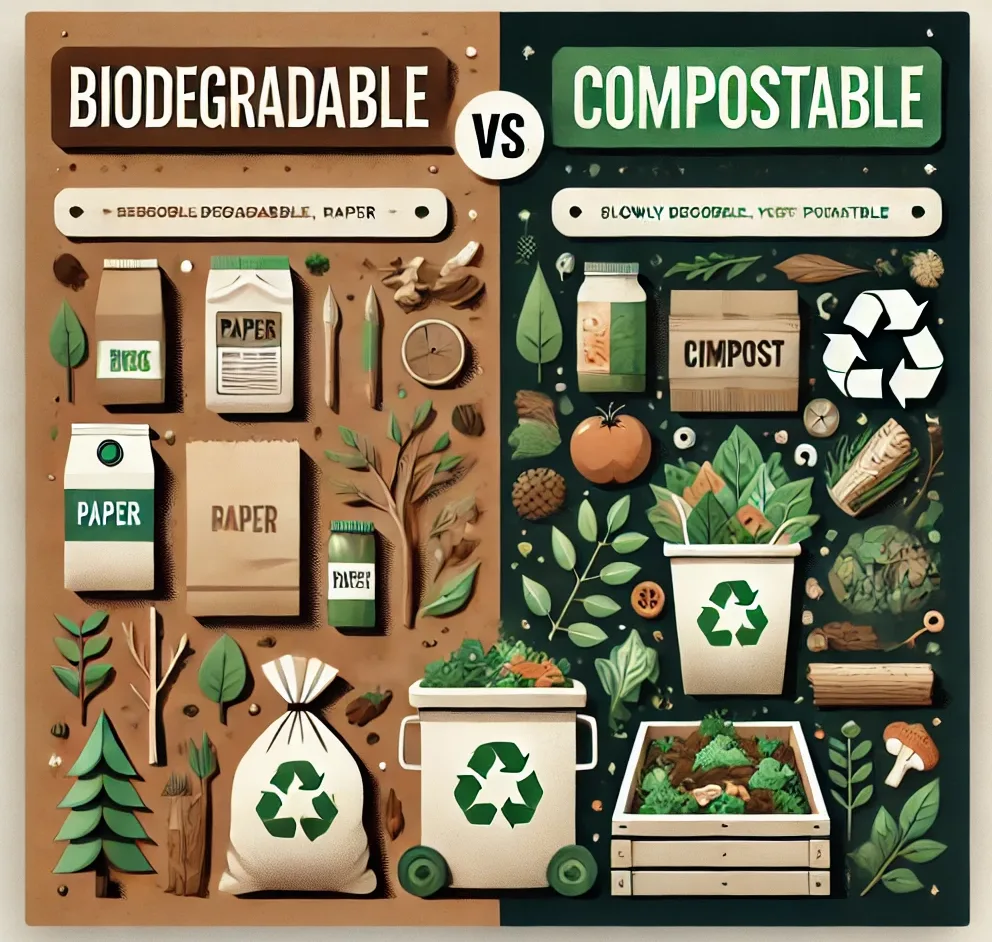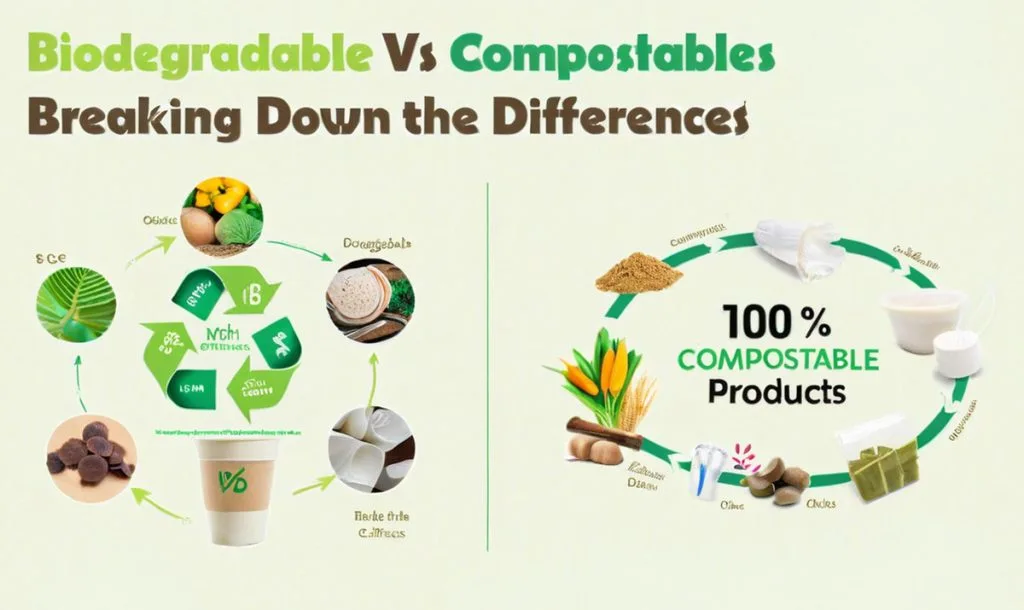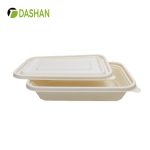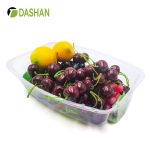Quick Summary
This article delves into the differences between biodegradable and compostable materials, explaining their definitions, processes, and environmental impacts. It highlights the importance of certification and proper disposal methods to ensure eco-friendly practices.
When it comes to sustainability and eco-friendly products, the terms biodegradable and compostable are often used interchangeably. However, they are not the same and have significant differences in their definitions, processes, and environmental impacts. Below is a detailed exploration of the two terms with a structured breakdown for better understanding.

Understanding the Key Concepts
What Does Biodegradable Mean?
Biodegradable refers to the ability of a material to break down naturally into smaller components, such as water, carbon dioxide, and biomass, with the help of microorganisms like bacteria and fungi.
- Breakdown Time: Can range from weeks to decades depending on the material and environmental conditions (e.g., availability of oxygen and sunlight).
- Residue Left Behind: Biodegradable materials may leave behind non-toxic or even harmful residues.
- Examples:
- Natural materials: Paper, wood, cotton.
- Certain synthetic materials: Some plastics labeled “biodegradable” (but they may require specific conditions).
Pros of Biodegradable Materials
- Reduces landfill accumulation over time.
- Offers a potential alternative to traditional plastics.
Cons of Biodegradable Materials
- Long breakdown periods can still lead to environmental stress.
- Some biodegradable plastics require industrial processing and do not decompose in natural environments.
What Does Compostable Mean?
Compostable refers to the ability of a material to decompose in a composting environment, resulting in nutrient-rich compost (humus) that can enhance soil quality.
- Breakdown Time: Usually within a set timeframe, typically 90-180 days in industrial composting facilities.
- Residue Left Behind: Compostable materials break down into non-toxic components and enrich the soil.
- Examples:
- Organic waste: Food scraps, leaves, and garden waste.
- Certified compostable products: Certain bioplastics, compostable packaging, and utensils.
Types of Composting
- Home Composting: Materials decompose in backyard composting bins with limited heat and moisture.
- Industrial Composting: Facilities provide controlled conditions (high heat, specific moisture levels, and oxygen flow) for faster decomposition.
Pros of Compostable Materials
- Produces nutrient-rich compost to support agriculture.
- Leaves no harmful residues behind.
Cons of Compostable Materials
- Requires specific conditions to break down effectively.
- Not all compostable products can decompose in home composting setups.

Biodegradable vs. Compostable: Key Differences
| Aspect | Biodegradable | Compostable |
|---|---|---|
| Definition | Breaks down into natural substances. | Breaks down into nutrient-rich compost. |
| Residues | May leave behind harmful residues. | Leaves no toxic residues, enriches soil. |
| Timeframe | Can take years or decades. | Usually decomposes within 90-180 days. |
| Requirements | Occurs naturally but slowly. | Requires controlled composting conditions. |
| Examples | Paper, wood, biodegradable plastics. | Food scraps, yard waste, certified compostable plastics. |
How to Identify Biodegradable and Compostable Products?
Labels to Look For
- Biodegradable: May not have strict certifications. Always check for additional information about breakdown conditions.
- Compostable: Look for certification logos, such as:
- BPI (Biodegradable Products Institute) certification.
- EN 13432 standard for compostable plastics in Europe.
Why Do These Differences Matter?
Understanding the distinctions helps consumers and businesses make informed choices:
- Environmental Impact: Compostable materials have a more beneficial end result than merely biodegradable ones.
- Recycling Contamination: Mislabeling products can lead to contamination in recycling or composting facilities.
- Waste Management Goals: Proper segregation of biodegradable and compostable materials reduces landfill stress and improves waste management efficiency.
Biodegradable vs. Compostable: Which is Better?
When deciding between biodegradable and compostable products, understanding their benefits and limitations can help you make the right choice for your needs and environmental goals.

1. Environmental Impact
- Biodegradable Products: These break down naturally, but the process can take a long time and might leave behind microplastics or harmful residues if not disposed of properly.
- Compostable Products: These decompose within a set timeframe under the right conditions, leaving nutrient-rich compost that benefits soil and agriculture.
Verdict: Compostable products typically have a more positive environmental impact because they contribute to the soil and do not leave toxic residues.
2. Disposal Options
- Biodegradable Products: Often decompose in various environments, but some may require industrial processes, especially for biodegradable plastics.
- Compostable Products: Require specific conditions, such as high heat and oxygen, which may only be available in industrial composting facilities. Not all compostable items are suitable for home composting.
Verdict: If you have access to industrial composting facilities, compostable products are ideal. Otherwise, biodegradable products might be easier to dispose of responsibly.
3. Use Cases
- Biodegradable Products: Suitable for general purposes where decomposition is expected in natural environments, like paper, wood, or plant-based plastics.
- Compostable Products: Best for organic waste management and products directly designed for composting, such as food packaging and utensils.
Verdict: Consider the intended use and disposal method to determine which type of product is better suited to your needs.
4. Certification and Clarity
- Biodegradable products often lack strict certification standards, which can lead to misleading claims.
- Compostable products usually adhere to rigorous certifications, like ASTM D6400 or EN 13432, ensuring they meet environmental safety standards.
Verdict: Compostable products provide greater assurance of environmental safety due to standardized certifications.
So, Which is Better?
It depends on your priorities and local waste management options:
- If you’re looking for products that decompose naturally and broadly, biodegradable is a practical choice.
- If your goal is to minimize waste while enriching the environment, and you have access to composting facilities, compostable products are the better option.
Why Choose DASHAN?
DASHAN is dedicated to providing high-quality eco-friendly products globally, particularly focusing on biodegradable and compostable solutions. With innovative designs and strict quality control, DASHAN offers products that align with sustainable development goals, supporting both consumers and businesses in adopting environmentally friendly practices.
DASHAN’s Commitment to Sustainability
All of DASHAN‘s products undergo rigorous testing to meet international biodegradable standards. Their commitment to reducing plastic pollution and implementing eco-friendly solutions is central to their mission.
Versatility of DASHAN Products
Whether for everyday consumers or corporate environmental goals, DASHAN provides a broad range of solutions. Their product categories include:
-
Biodegradable Tableware: Plates, bowls, and utensils made from plant-based materials that break down in natural environments.
-
Biodegradable Packaging: Flexible and rigid packaging solutions ideal for food and retail products.
-
Custom Solutions: DASHAN provides innovative biodegradable materials for businesses seeking eco-friendly alternatives.
DASHAN Product Recommendations
DASHAN‘s diverse range includes both biodegradable and compostable solutions, ensuring there’s an eco-friendly option for every need. Whether you require compostable food containers or biodegradable packaging, DASHAN has the right product to align with your environmental goals.
By choosing DASHAN‘s certified biodegradable products, you can ensure that your choices contribute to a healthier planet while maintaining functionality and durability.
Conclusion
While biodegradable and compostable are closely related, the two terms are not interchangeable. Biodegradable materials break down naturally over time, but the process can be slow and may leave residues. Compostable materials, on the other hand, break down under specific conditions to enrich the soil. By understanding these differences and choosing certified products, we can take meaningful steps toward reducing waste and supporting a healthier planet.
FAQ
1. What is the difference between biodegradable and compostable?
Biodegradable means a material can break down naturally over time, while compostable materials break down under specific conditions and leave no toxic residue.
2. Are all compostable products biodegradable?
Yes, all compostable items are biodegradable, but not all biodegradable items are compostable, as some may leave behind microplastics or residues.
3. Can biodegradable products go in a compost bin?
Not always. Only items labeled as compostable should go into compost bins. Some biodegradable items require different conditions or leave waste behind.
4. How long do biodegradable vs. compostable materials take to break down?
Compostable items usually decompose within 90–180 days in the right environment. Biodegradable items may take longer, depending on material and conditions.
5. Do biodegradable and compostable mean eco-friendly?
They often indicate lower environmental impact, but true eco-friendliness depends on production methods, disposal systems, and whether they degrade fully and cleanly.
6. Can I throw compostable products in the trash?
Compostable items should not be landfilled, as they need oxygen, moisture, and microbial activity to break down. In landfills, they may not degrade properly.
7. How can I identify compostable vs. biodegradable packaging?
Look for certifications like “OK Compost,” “BPI Certified,” or “EN 13432” for compostable items. Biodegradable labels are less regulated and may vary in meaning.
References
-
ASTM D6400 – Biodegradable Plastics Standard
https://www.astm.org/ -
EN 13432 – Compostable Plastics Standard
https://www.en-standard.eu/ -
Biodegradable Products Institute (BPI)
https://www.bpiworld.org/ -
Biodegradable vs Compostable Comparison – Wikipedia
https://en.wikipedia.org/wiki/Biodegradable_plastic -
Foodservice Packaging Institute
https://www.fpi.org/ -
The Environmental Impact of Bioplastics
https://www.nature.com/




